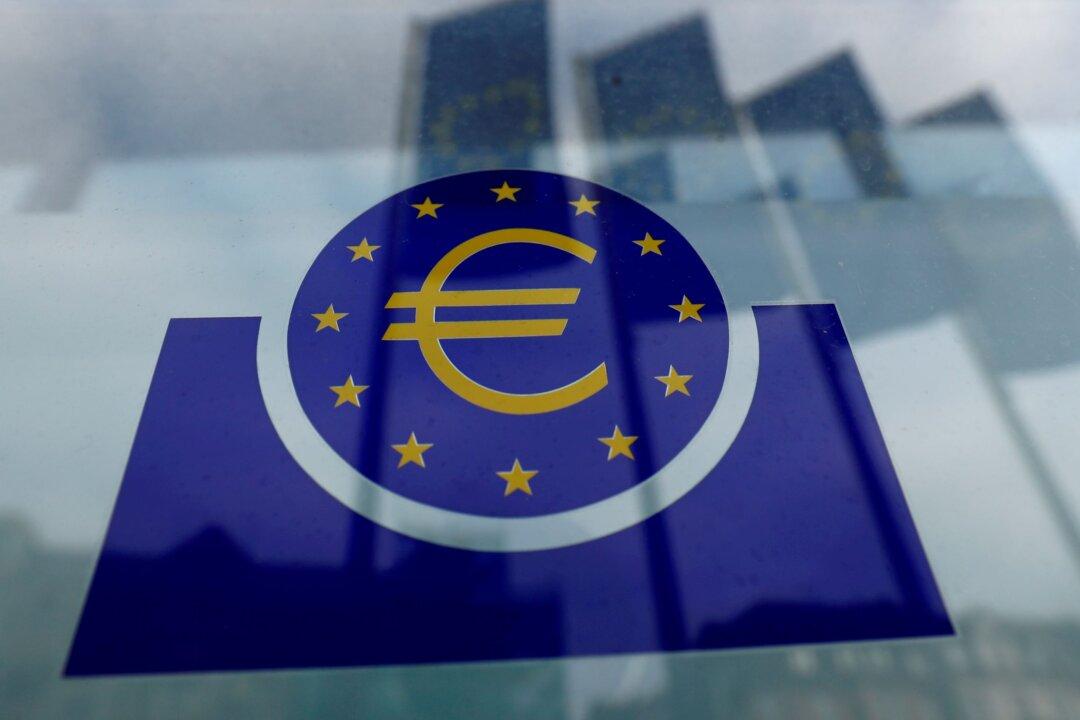The European Central Bank (ECB) has announced it’s keeping its key interest rate at around the zero bound, maintaining its current plans for a gradual wind-down of stimulus measures, even as eurozone inflation has hit a record high and other major central banks have moved to tighten policy faster in the face of surging prices.
Still, some analysts saw a hawkish shift in the tone of ECB president Christine Lagarde’s remarks at a press conference following the policy decision announcement. She said that inflation risks were “tilted to the upside,” the first time in years that the ECB has used such phrasing, while declining to confirm that no interest rate hikes were in the cards for 2022.





